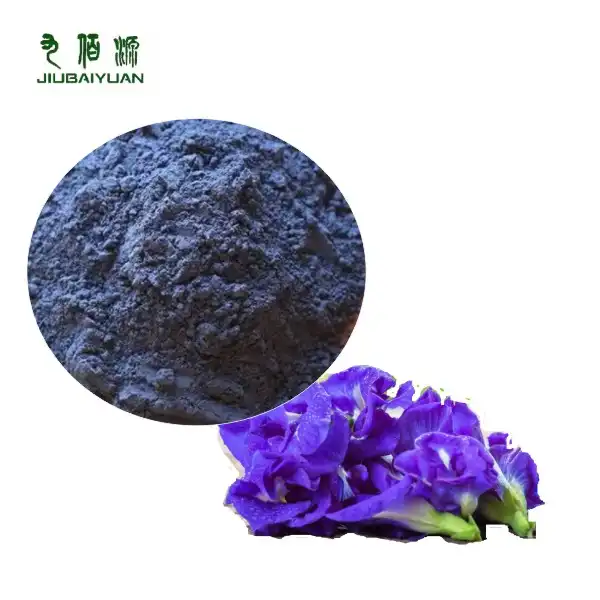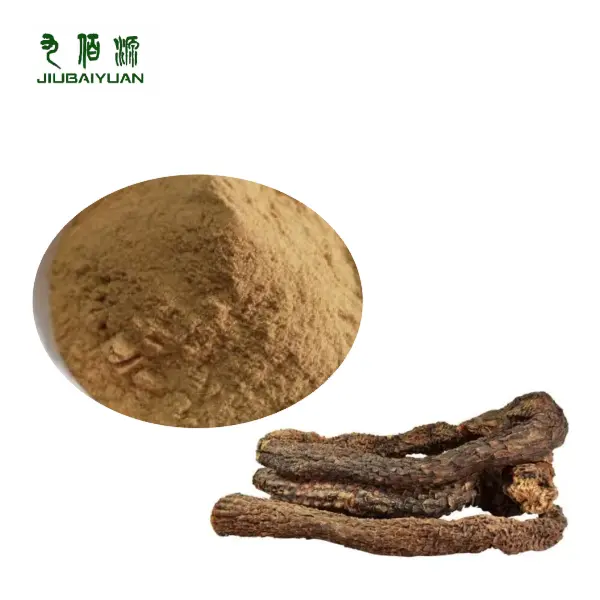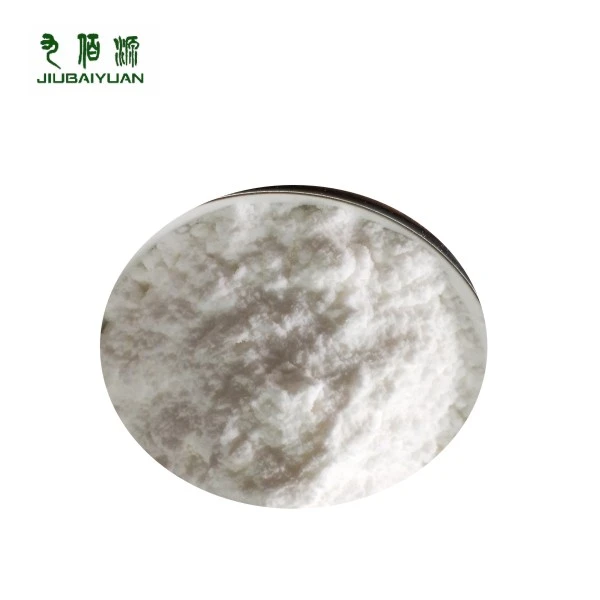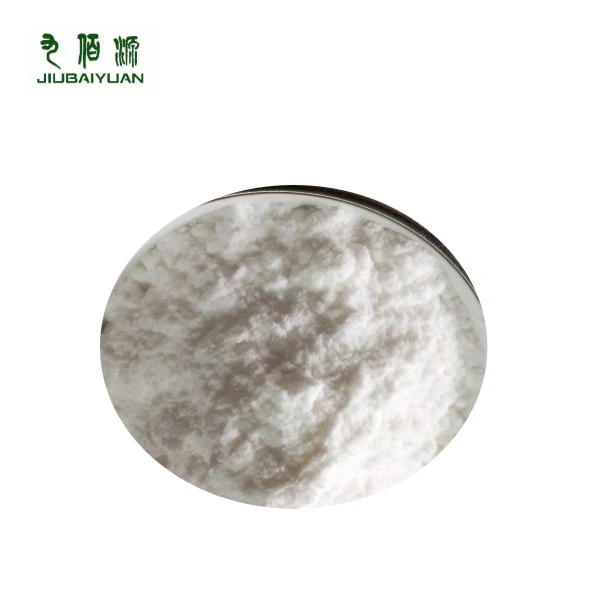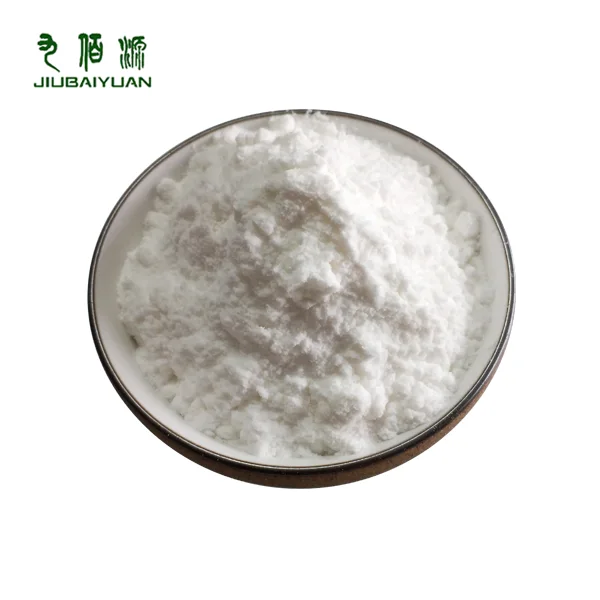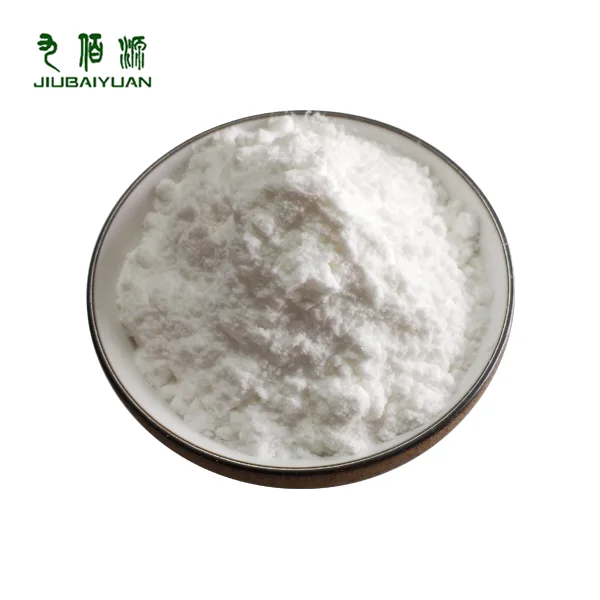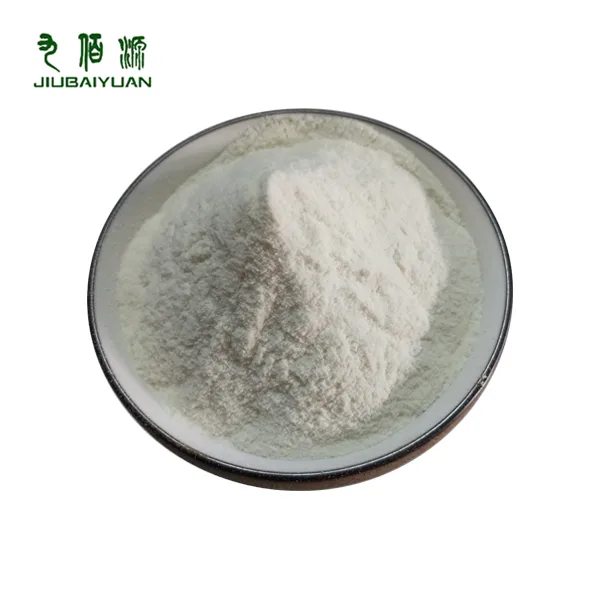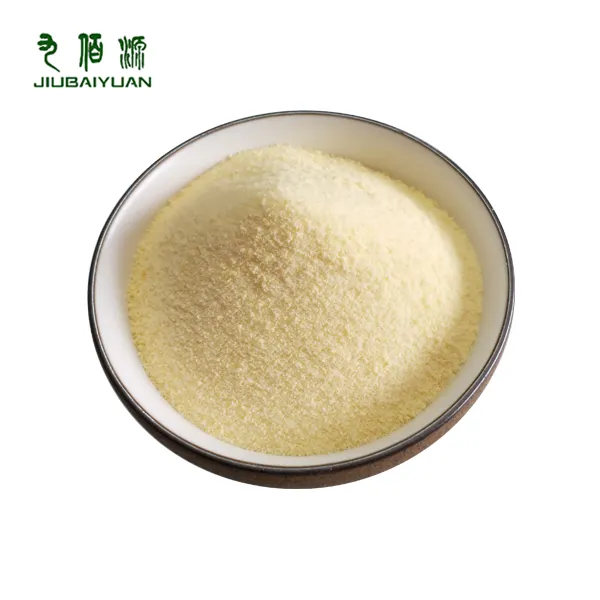What Is Aloe-Emodin Used For?
Aloe emodin powder is a naturally anthraquinone derivative and an active ingredient of Chinese herbs, such as Cassia occidentalis, Rheum palmatum L., Aloe vera, and Polygonum multiflorum Thunb. Emerging evidence suggests that aloe-emodin exhibits many pharmacological effects, including anticancer, antivirus, anti-inflammatory, antibacterial, antiparasitic, neuroprotective, and hepatoprotective activities. These pharmacological properties lay the foundation for the treatment of various diseases, including influenza virus, inflammation, sepsis, Alzheimer's disease, glaucoma, malaria, liver fibrosis, psoriasis, Type 2 diabetes, growth disorders, and several types of cancers. However, an increasing number of published studies have reported adverse effects of aloe-emodin. The primary toxicity among these reports is hepatotoxicity and nephrotoxicity, which are of wide concern worldwide. Pharmacokinetic studies have demonstrated that aloe-emodin has a poor intestinal absorption, short elimination half-life, and low bioavailability. This review aims to provide a comprehensive summary of the pharmacology, toxicity, and pharmacokinetics of aloe-emodin reported to date with an emphasis on its biological properties and mechanisms of action.
Potential Health Benefits of Aloe-Emodin

Aloe-emodin, a compound found in the aloe vera plant, has been broadly inquired about for its potential wellbeing benefits. It is accepted to have anti-inflammatory, antioxidant, and anticancer properties, making it an alluring common cure for different wellbeing conditions. A few thinks about have proposed that Aloe emodin powder may too offer assistance secure the skin from UV harm and advance wound mending, giving extra benefits for skin health.
Using Aloe-Emodin
Aloe emodin aloe is one the major components of the aloe essential oils. It is either presented in aloe in the free form or presented in rhubarb, senna, and aloe in the form of glycosides. The compound precipitated from toluene or ethanol is yellow-orange needles with a relative molecular mass of 270.25 and the melting point of 223~224 ℃. It can be subject to sublimation in the carbon dioxide gas stream. It is easily soluble in hot ethanol, ether, benzene, with the solution exhibiting yellow color. It is also soluble in aqueous ammonia and sulfuric acid with the solution exhibiting crimson color.
The main active ingredient of aloe is the barbaloin and aloe emodin. The aloe juice has anti-inflammatory effect and can promote healing of skin damage.
The above information is edited by the Chemicalbook of Dai Xiongfeng.Aloe-emodin is accessible in supplement frame and can be effortlessly joined into one's day by day schedule. It is too commonly found in topical skincare items, permitting for coordinate application on the skin. Be that as it may, it is vital to utilize aloe-emodin supplements and items as coordinated by healthcare experts or item names, as tall measurements may cause side impacts such as diarrhea.
Safety and Side Effects
While aloe-emodin is by and large considered secure when utilized as coordinated, it may cause side impacts in a few people. These side impacts may incorporate gastrointestinal issues such as loose bowels and skin aggravation in certain cases. It is continuously best to counsel with a healthcare proficient some time recently beginning any unused supplement or skincare regimen, particularly if you have pre-existing restorative conditions or are taking drugs that might associated with aloe-emodin. Furthermore, pregnant ladies and breastfeeding moms ought to dodge utilizing aloe-emodin without to begin with counseling their healthcare supplier due to potential dangers related with its utilize amid pregnancy and lactation.
Aloe-emodin has shown anti-neoplastic activity against some human cancer cell lines. This study aimed to explore the effects of aloe-emodin on the phagocytosis of macrophages, the activity of natural killer (NK) cells and the expression of cytokines in leukocytes from Sprague-Dawley rats. Leukocytes were collected, placed into culture plates and the functions of macrophages and NK cells and the percentage of viable cells were determined by flow cytometric analysis. Incubation of leukocytes with various concentrations of aloe-emodin caused a dose-dependent decrease of viable cells, a decrease of phagocytosis by macrophages, and a decrease of the activity of NK cells. Evaluation of cytokines in leukocytes by ELISA indicated that aloe-emodin increased the levels of interleukin (IL)-1beta and tumor necrosis factor (TNF)-alpha. The results were also confirmed by PCR assay for the mRNA expression of the examined cytokines.
Conclusion
In conclusion, Aloe emodin powder is a natural compound found in aloe vera plants that may offer several potential health benefits. It is important to use aloe-emodin products as directed to avoid potential side effects. If you are interested in learning more about aloe-emodin and its potential benefits, please contact emily@jiubaiyuanbiotech.com for more information.
Reference
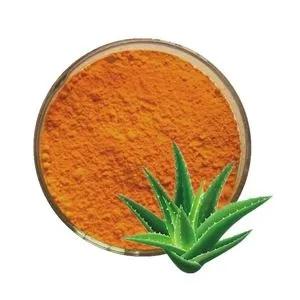
Pecere, T., Gazzola, M. V., Mucignat, C., Parolin, C., Vecchia, F. D., Cavaggioni, A., & Palù, G. (2000). Aloe-emodin is a new type of anticancer agent with selective activity against neuroectodermal tumors. Cancer Research, 60(11), 2800-2804.
Lin, J. G., Chen, G. W., Su, C. C., Hung, C. F., & Chung, J. G. (2005). Effects of emodin on arylamine N-acetyltransferase activity and 2-aminofluorene-DNA adduct formation in human bladder carcinoma cells (T24). Food and Chemical Toxicology, 43(4), 635-641.
Chihara, Y., Fujimoto, Y., & Yamaguchi, K. (1998). Cytotoxicity of anthraquinone derivatives from Aloe on the growth of human neuroblastoma cells. Cancer Letters, 129(1), 121-126.
Kim, H. S., Hong, J. T., Kim, Y., Han, S. W., Lee, D. H., & Kim, Y. (2008). Inhibitory effects of aloe-emodin on TNF-α and IL-6 production in lipopolysaccharide-stimulated mouse macrophages. International Immunopharmacology, 8(3), 442-449.
Related Industry Knowledge
- How do Chinese people usually use turmeric powder?
- Unlocking the Benefits of Fusidic Acid Powder
- The Benefits and Uses of Catechin Powder in Health
- Unlocking the Benefits of Calcipotriol Powder for Skin Health
- Unlocking the Benefits of Blue Copper Peptide for Skin
- Does Icariin Increase Testosterone?
- What is 5 Cytidylic Acid and Its Benefits?
- Why Choose Pure Ferulic Acid Powder for Anti-Aging?
- Rose Petal Powder: A Superfood for Your Health
- What Is Honokiol?
